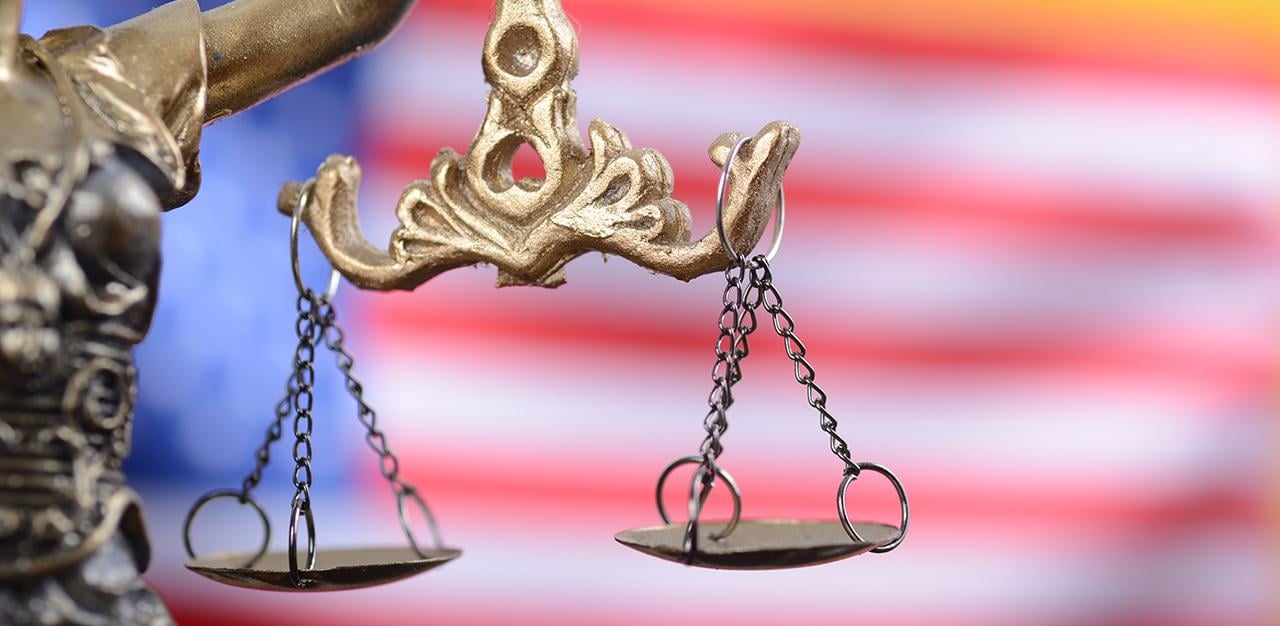
After much debate, the framers of our Constitution, including the Bill of Rights – the first 10 amendments – established a system of limited federal government constrained in a manner that offers vast protections for our God-given inalienable rights of freedom and liberty and the pursuit of happiness.
Following ratification of the Bill of Rights on Dec. 15, 1791, our Constitution has only been amended 16 additional times – striking proof that the prophetic documents our Founding Fathers crafted over 230 years ago withstood the test of time.
In light of our upcoming “Separation of Powers” book, a second in our learning series and due for release within the next 60 days, and to continue sharing information regarding America’s exceptionalism expressed through the historical record and our founding documents, we turn to the Eleventh Amendment.
Ratified on February 7, 1795, the Eleventh Amendment is closely linked with a cornerstone doctrine of our Constitutional Republic – the “separation of powers.”
The Judicial power of the United States shall not be construed to extend to any suit in law or equity, commenced or prosecuted against one of the United States by Citizens of another State, or by Citizens or Subjects of any Foreign State.
The Eleventh Amendment stands for the principle of state sovereign immunity, that is, states are generally protected against being hauled to court to defend their actions in most circumstances. And, it prevents non-U.S. citizens and citizens of another state from naming a state as a named defendant in a lawsuit.
At first glance, this may seem unjust. Shouldn’t a Pennsylvania resident be allowed to sue New Jersey if New Jersey, through its actions, caused some sort of harm or injury? It is worth noting that over time, exceptions have been carved out to afford certain egregiously injured and aggrieved plaintiffs opportunities to be made whole, however, in most circumstances, lawsuits filed against a state by a non-resident are certain to fail unless the “defendant” state consents. Other exceptions include 1) lawsuits against a state’s subdivisions, like its counties or cities, by nonresidents; and 2) congressional lawmaking that strips sovereign immunity from a state’s arsenal as long as the circumstances are clearly defined.
The most significant value of the Eleventh Amendment can be gleaned by peeling back the legalities and fact-specific nuances in order to focus on the fundamental notion underlying this amendment. Its intended purpose was to ensure the Judiciary branch remained independent, incorruptible, and apolitical. The amendment fosters America’s system of checks and balances, that is, the substructure establishing “separation of powers.”
Historical Context for the Eleventh Amendment
Specifically, the Eleventh Amendment was developed as a direct result of the 1793 U.S. Supreme Court opinion in Chisholm v Georgia 2 US 419 (1793) whereby the Court allowed an executor of a South Carolina estate to sue the state of Georgia. Following this decision, members of Congress recognized this sort of decision could result in the unintended consequence of the Judiciary relinquishing its independence in favor of corruption and abuse of power. This grave concern caused Congress to prepare, and the states to ratify the Amendment, expeditiously.
Collectively, our founding documents and early Constitutional Amendments tell the rich story of America’s history in many ways. America’s Future will continue to share, inform and educate our fellow citizens about this great nation as part of our mission to preserve and protect our individual rights and Constitutional Republic.
If you would like to receive a free print copy of our first book, “Exploring America’s Founding Documents,” please do so by clicking the button below, or you can access the digital version here.






